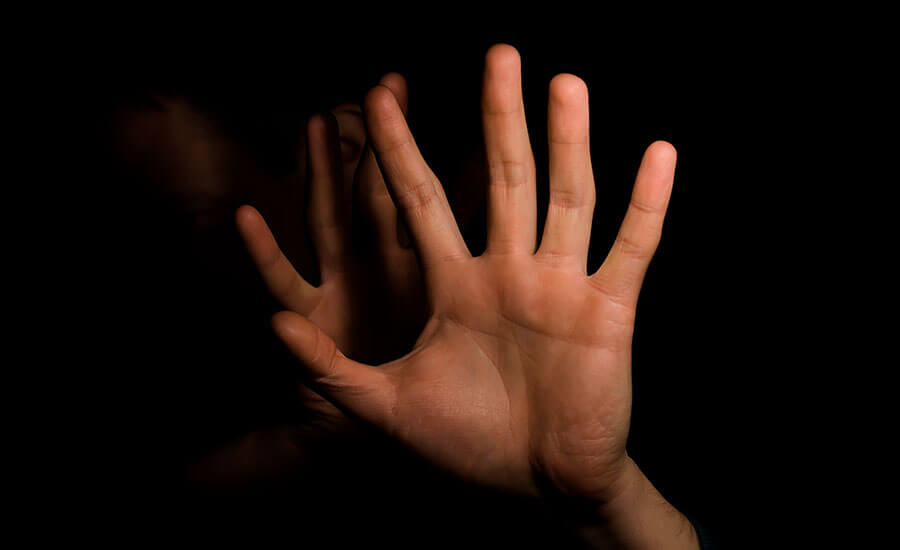
I receive calls from potential clients who tell me they are facing a Virginia domestic assault charge. They then tell me that the alleged victim, “doesn’t want to go forward.” Every time, I stress the importance that they must not be perceived as trying to influence what the alleged victim wants to do. Indeed, if a defendant is believed to be influencing an alleged victim, a prosecutor will see this as ongoing abuse.
In my own view, attempting to influence witness testimony is unethical and constitutes tampering with a witness. Given the complex nature of domestic violence , I believe the best way to defend a domestic violence charge is to do so inan ethical, above-board manner.
That doesn’t mean simply pleading guilty or giving up. It means presenting a zealous, but legitimate defense.
If this warning isn’t enough, you should read Cody v. Commonwealth.
You may be reading this and think that I’m wrong. And that you should try to convince the alleged witness not to testify. However, I’d recommend you read an important case from the Virginia Court of Appeals, Cody v. Commonwealth.
In Cody, the defendant convinced an alleged victim to not cooperate with law enforcement, to hire an attorney, and not to testify. In doing so, the defendant violated a protective order and made it clear that he was influencing the alleged victim.
Ultimately, the prosecutor found out. Despite the alleged victim not testifying, the prosecutor was able to admit statements she previously made into evidence. Indeed, the Court found the defendant committed “forfeiture by wrongdoing.” Therefore, he was not allowed to benefit from his inappropriate behavior. As a result, he was convicted.
What does this mean for my own case?
If you’re facing a Domestic Violence charge in Virginia, you have every right to a zealous defense. You have a right to an attorney, to fully investigate your case, and to a trial by a judge (and jury if you lose and appeal). However, you don’t have a right to influence the alleged victim’s testimony. Indeed, such efforts are against the law and may end up backfiring.
Well, James, what should I do?
You should reach out to an attorney that knows how to handle Virginia domestic violence cases. We don’t intend this article to be damning against you. We simply want you to realize that actions have consequences.
Still have questions?
Make sure to reach out to Abrenio Law for your Free Consultation. You can call us at Ph. 703-570-4180. To learn more about Owner James Abrenio click here. You can also read his real client reviews here.
